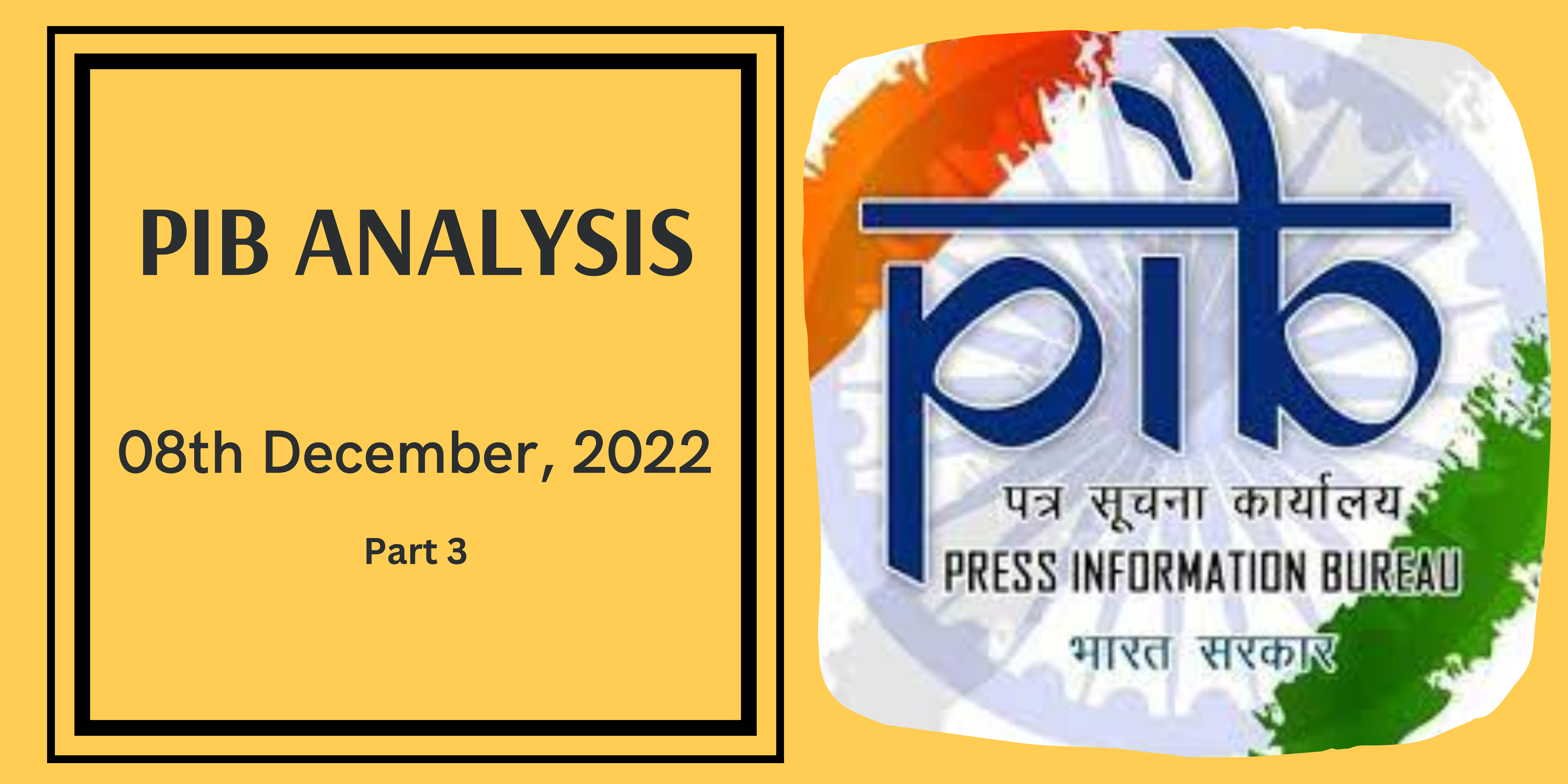On financial devolution among States
Context:
Opposition-ruled States, particularly from southern India, are expressing concerns about the fairness of the current financial devolution scheme.
- Article 270 of the Constitution outlines the distribution of net tax proceeds between the Centre and the States, forming the divisible pool of taxes.
Relevance:
GS-02 (Indian Polity)
Key Highlights
- The Finance Commission (FC) is constituted every five years to recommend the distribution of taxes and grants-in-aid among the States.
- Horizontal devolution among the States is based on various criteria, including income distance, population, forest cover, demographic performance, and tax effort.
- Issues include the exclusion of cess and surcharge from the divisible pool, unequal distribution of tax revenue among States, and declining share of southern States in the divisible pool over successive Finance Commissions.
Mains Question:
Discuss the challenges and opportunities associated with the current financial devolution scheme in India. What reforms are proposed to address the concerns to promote greater equity and fairness in the distribution of tax revenue among States? (250 words)
Dimensions of the Article:
- Understanding Financial Devolution
- Issues and Concerns
- Proposed Reforms
Understanding Financial Devolution
- Financial devolution involves the distribution of tax proceeds between the central and state governments.
- This distribution is based on the recommendation of the Finance Commission, which is constituted every five years.
- The divisible pool of taxes includes corporation tax, personal income tax, Central GST, and the Centre’s share of the Integrated Goods and Services Tax (IGST). However, cess and surcharge levied by the Centre are not included in this pool.
Issues and Concerns
- States particularly those in southern India, have raised concerns about the fairness of the current financial devolution scheme.
- One issue is the exclusion of cess and surcharge from the divisible pool, which reduces the share of taxes allocated to the States. Additionally, there is significant disparity in the distribution of tax revenue among States, with some receiving less than a rupee for every rupee contributed.
- Moreover, the share of southern States in the divisible pool has been decreasing over successive Finance Commissions, raising questions about equity and fairness.
Proposed Reforms
- To address these issues and maintain the balance between equity and federalism, several reforms are proposed.
- First, there is a suggestion to include a portion of cess and surcharge in the divisible pool to enlarge it and ensure a more equitable distribution of tax revenue.
- Second, the criteria for horizontal devolution among States should be revised to give greater weightage to efficiency, including GST contribution.
- Finally, there is a need for a more formal arrangement for the participation of States in the constitution and working of the Finance Commission, similar to the GST council.
Way Forward:
- Ensuring Fairness and Equity: It is essential to ensure fairness and equity in the distribution of tax revenue among States. This requires addressing the concerns raised by opposition-ruled States and implementing reforms to enhance transparency and accountability in the financial devolution process. By enlarging the divisible pool, revising criteria for horizontal devolution, and promoting greater state participation in the Finance Commission, the central government can strengthen fiscal federalism and promote more equitable development across the country.
- Upholding Fiscal Federalism: Fiscal federalism is a cornerstone of India’s democratic governance system, ensuring the effective allocation of resources and responsibilities between the Centre and the States. As such, it is imperative that all stakeholders uphold the principles of fiscal federalism and work together to address the challenges and opportunities associated with financial devolution. By fostering cooperation and collaboration between the central and state governments, India can achieve more inclusive and sustainable development for all its citizens.



